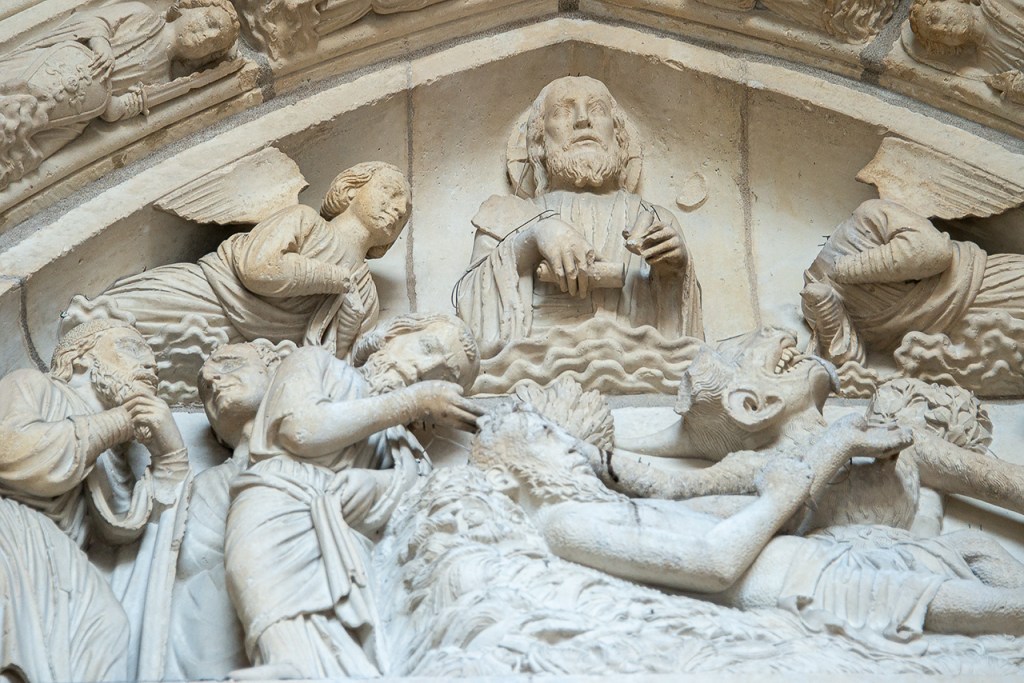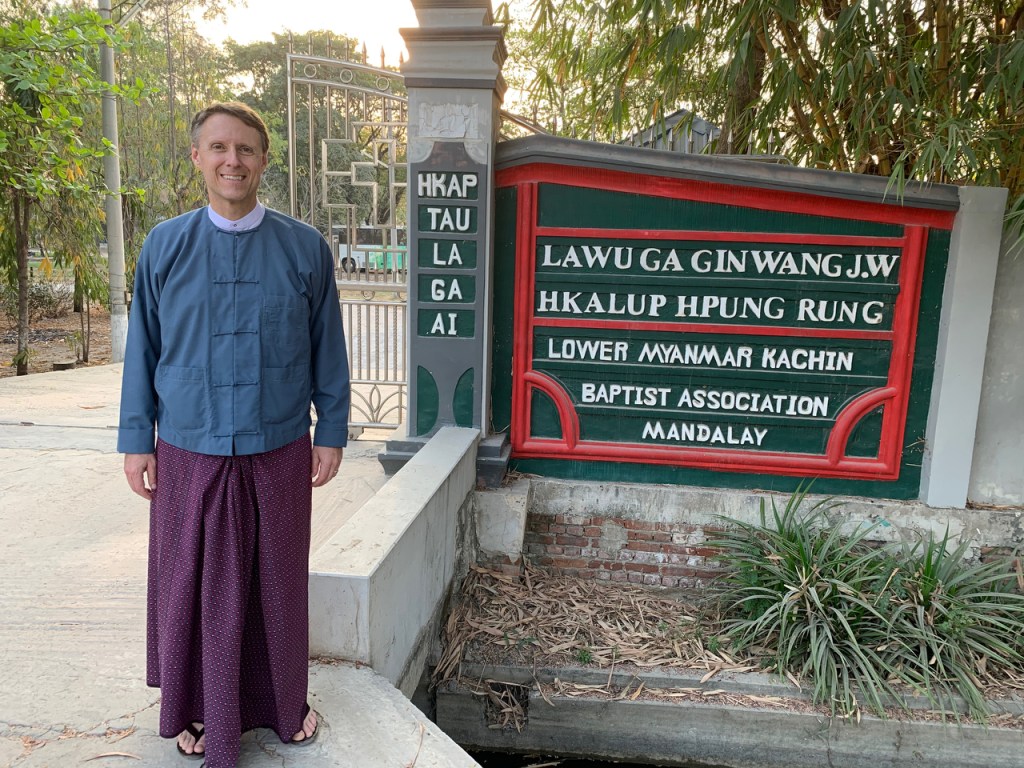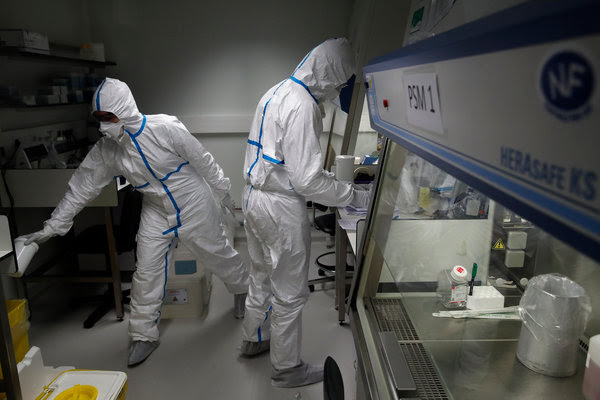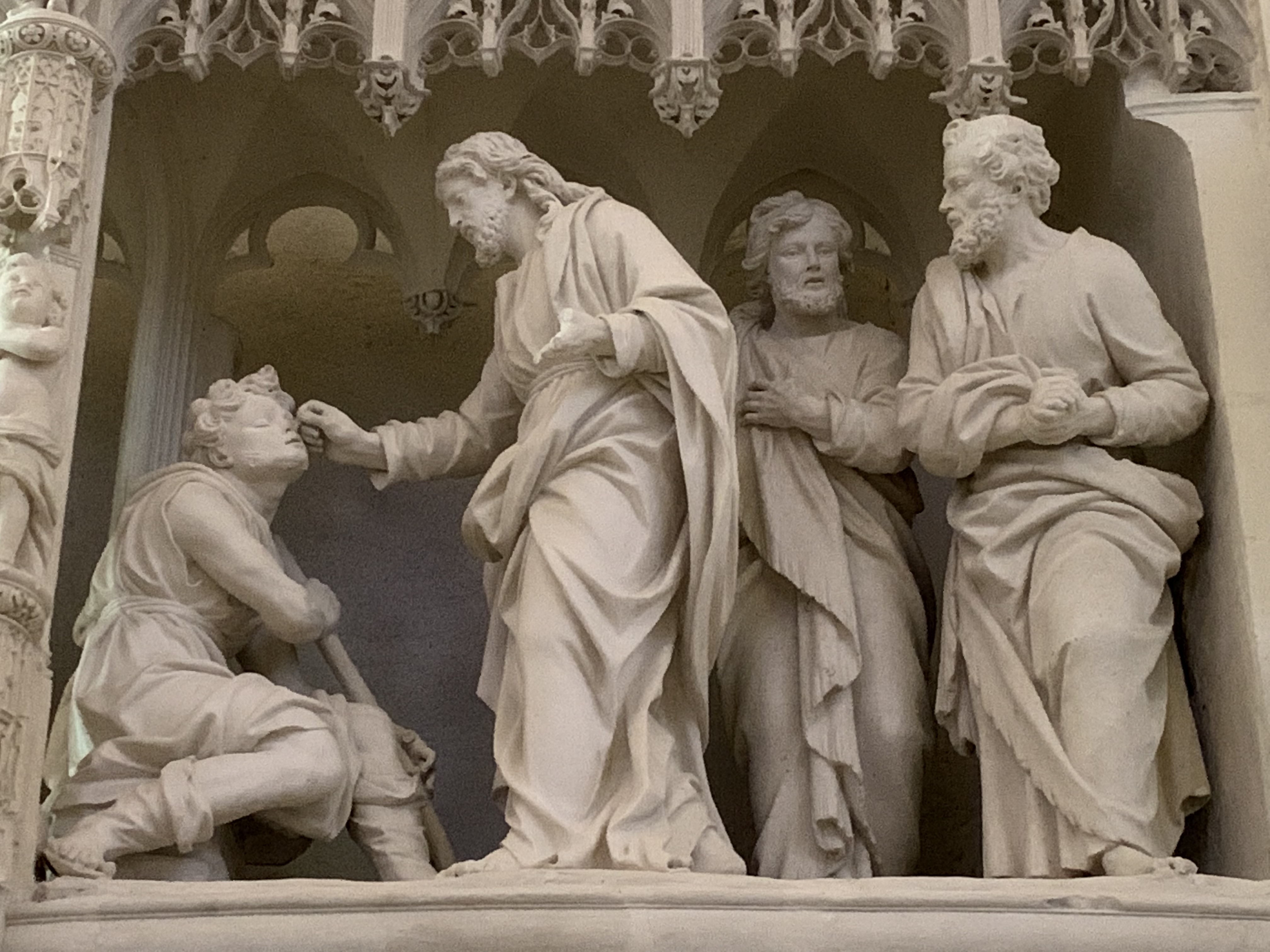Truth 3: Expect God to strengthen your faith, build your character, and lovingly restore your hope through your suffering

Ahhhh! When can I get out of this house? When is life going to go back to normal?!
Currently, some 95% of Americans are required to stay at home. Globally, billions are on some form of lockdown. For some people, it’s been OK. For most people, even if they welcomed a nice break from their normal life, are feeling more and more stress as the crisis continues with no end in sight. After weeks of living in close quarters 24/7, loss of work, fears of what’s to come, the pressure is mounting. Last week, protests started springing up. The people are taking to the streets. All this on top of 2.5 million (verified) people who have been infected, and over 160,000 deaths in just a few months so far.
In such times, what are Christians supposed to think, feel, and do?
Under different but equally difficult circumstances (such as beatings, shipwrecks, imprisonment), the Apostle Paul famously said, “Now, these three remain, faith, hope, and love. But the greatest of these is love” (1 Cor. 13:13). So, what does faith look like today? Where can we find hope? Where is love?
When I look around, I am deeply grateful for the action-takers among us. The heroism and dedication of countless doctors, medical workers, researchers, and other public servants, some of whom are literally risking their lives to save others, is humbling and inspiring. Furthermore, the creative expression from artists, musicians, and poets; the compassion and generosity of rich and poor alike; and the kind, thoughtfulness of so many individuals comforts and encourages me.
Then, there are the positive thinkers, who are refusing to be imprisoned in their hearts and minds, even if their bodies are locked down. These inspiring, glass-half-full folks are seeing opportunities everywhere and are making the most of them—more time with family, space for creativity and music, quiet and rest, reading and reflection, communication with friends, and so forth. They are learning new things and finding meaningful ways to show Christ’s love to those near and far.

However, for multiple reasons, not everyone can be an action-taker or a positive thinker. For those hit hardest by the coronavirus, lockdowns, or closure of businesses, there is a great deal of pain, fear, and loss. Some feel like Job, whose children were suddenly killed and health destroyed. All he could do was sit on the ground, weeping or calling out to God, grappling with a tragedy beyond comprehension. A growing number of people globally are grieving the unexpected death of loved ones or the shutdown of their lives and livelihood. They perceive no rhyme or reason in their suffering. They have no idea what hit them or where to go from here.
If this describes how you’re feeling, please know that, sometimes, in the midst of our suffering, we just can’t rise above our distress or despair. Sometimes, we cannot be hopeful, no matter how much we may want to be a positive thinker. And it’s OK. Faith in God doesn’t always mean being upbeat and emotionally stable. Faith in God is not just for the action-takers and positive thinkers. Faith includes trusting that he’s holding you even when you don’t have the emotional strength or wherewithal to hold on to him.
But there is hope.
Spiritual Truth 3: Expect your loving God to strengthen your faith, build your character, and restore your hope through your suffering. (Romans 5:3-5; 8:28-29; 2 Cor. 1:8-9; Lam. 3:22-24)
In the biblical book of Romans, Paul does not offer an explanation or defense of God for human suffering, but rather focuses on how a loving God works through human suffering for good. He writes:
We…glory in our sufferings, because we know that suffering produces perseverance; perseverance, character; and character, hope. And hope does not put us to shame, because God’s love has been poured out into our hearts through the Holy Spirit, who has been given to us.
Romans 5:3-5, NIV
Paul knew very well that when any of us suffer extensively, we can easily reach our physical and emotional limits. We may reach out to God for help, but when we’re not healed or our suffering persists, we may despair, panic, or want to abandon faith in God. But it is at just such a low point that many of us have been wonderfully surprised by God. We may unexpectedly feel peace. We may suddenly perceive his love through the kindness of those around us. We may find new motivation and power to finally put aside the sin that has been controlling our lives. We may unexpectedly see beauty in something or someone just when we may have lost hope of ever feeling that way again.
Through these kinds of surprising touches from God, our faith in God is rekindled. Our ability to persevere faithfully in the midst of our suffering increases. Our encounter with the goodness of God refines and strengthens our own moral character. Our spiritual vitality is renewed. We perceive God’s love for us in a fresh way. We see Christ’s love being expressed through us, and we feel purpose, meaning, and joy. Hope suddenly springs up within us again—now, not because we have been healed or delivered from our troubles, but because the Holy Spirit has opened our eyes to see God’s loving, caring presence in the midst of our circumstances. Right when we were about to give up—or actually had given up already—God touched us.
As the Holy Spirit works in our lives in the midst of our suffering, we will realize that we are not abandoned. We have somewhere and someone to go to in our darkest hours. We may weep, wail, confess sin with a broken heart, or simply shuffle along in grief, as Israel did after the destruction of the first temple in Jerusalem (586 BC) on their way to captivity in Bablyon. Yet, with them, we will reach a point where we also can say with Jeremiah, the prophet:
The steadfast love of the LORD never ceases, his mercies never come to an end; they are new every morning; great is your faithfulness. “The LORD is my portion,” says my soul, “therefore I will hope in him.”
Lamentations 3:22-24, NIV

Spiritual Application
Are you experiencing overwhelming loss, hopelessness, or fear right now? Or, if not you, then surely there is someone you’re living with or whom you care about, who is. If so, this is not an easy place to be. But there is hope. There’s a bigger reality than what you are perceiving and experiencing at the moment. God may not be delivering you from all your trouble or distress, but that doesn’t mean God is irrelevant. On the contrary, it’s in your powerlessness and despair that God can produce some good in your life that would not be possible under different circumstances.
In the context of talking about human suffering, the groaning of creation, and our sometimes inability to even know how to pray, the Apostle Paul offers these words of perspective and hope:
We know that all things work together for good for those who love God, who are called according to his purpose. For those whom he foreknew he also predestined to be conformed to the image of his Son, in order that he might be the firstborn within a large family.
Romans 8:28-29 NRSV
And what is the good God has in mind?
The “good” is not necessarily your healing, prosperity, or anything else that you be asking for in your desperation. The ultimate good that God produces through your suffering is to make you more and more like Jesus Christ, God’s son—more and more full of faith, hope, and love.
Your greatest desire will probably always be for relief from your suffering or for some miracle in your life. Mine usually is. Yet, none of us knows what God will or won’t do. Are you willing to live with that uncertainty, yet keep reaching out to God? Are you willing to let go of expecting God to act as you want him to act, and yet never quit expecting him to work through your suffering for good, according to his priorities and values? This is our faith. This is our hope.
[To read this essay in Burmese, go to “Resources in Burmese” in Faith, Hope, and Love Global Ministries’ Resource Library, or look for it on my Facebook page, later this week.]
This essay series, “What We Can Expect from God Now?” was created in response to the 2020 COVID-19 global crisis. It focuses on how believers can better trust God in troubled times. The essays expand on the practical suggestions offered in Chapter eight, “Trusting God,” in The Spirit-Led Leader: Nine Leadership Practices and Soul Principles (Herndon, VA: Alban Institute, 2005), pages 184-190.
PHOTOS from Chartres Cathedral ©JILL K H GEOFFRION, HTTP://WWW.JILLGEOFFRION.COM
Copyright © 2020 Timothy C. Geoffrion, Wayzata, Minnesota. All rights reserved to the author, but readers may freely download, print, forward, or distribute to others, providing that this copyright notice is included.









